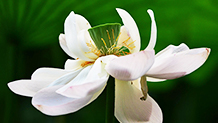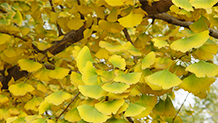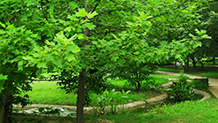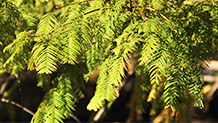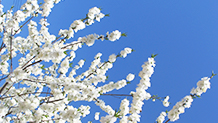| 作 者:Yao N, Zheng BQ, Wang T, Cao XL |
| 影响因子:4.7 |
| 刊物名称:Journal of Fungi |
| 出版年份:2023-05 |
| 卷:9 期: 页码: 597 |
论文摘要:
Ex situ conservation, an important way to increase the survivalsustainability of endangered species, is widely used in the conservation of endangered orchids. However, long-term ex situ conservation might affect the dominant group of orchid symbiotic fungi, which are crucial for orchid growthreintroduction. This study investigated the culturable Tulasnella spp. associated with Paphiopedilum orchids after long-term greenhouse cultivation,identified germination-enhancing isolates. A total of 44 Tulasnella isolates were obtained from the roots of 14 Paphiopedilum spp.,29 of them were selected for phylogenetic analysis. They clustered mainly with Tulasnella deliquescens, Tulasnella calospora, Tulasnella bifrons,Tulasnella irregularis, but included two potential new groups. Compared with published uncultured data, most of the isolates were grouped together with the reported types,the dominant Tulasnella associated with P. armeniacumP. micranthum could still be isolated after ten years of cultivation, most of which were the first isolation. In vitro symbiotic germination showed that certain root isolates could promote seed germination (e.g., parm152 isolated from P. armeniacum, Php12 from P. hirsutissimum,prhi68 from P. rhizomatosum). These data indicated that the dominant Tulasnella types colonizing the roots of cultivated Paphiopedilum are stable over time,germination-enhancing fungi colonizing the roots would benefit for seed reproduction after population reintroductionthe wild.
DOI:https://doi.org/10.3390/jof9060597



